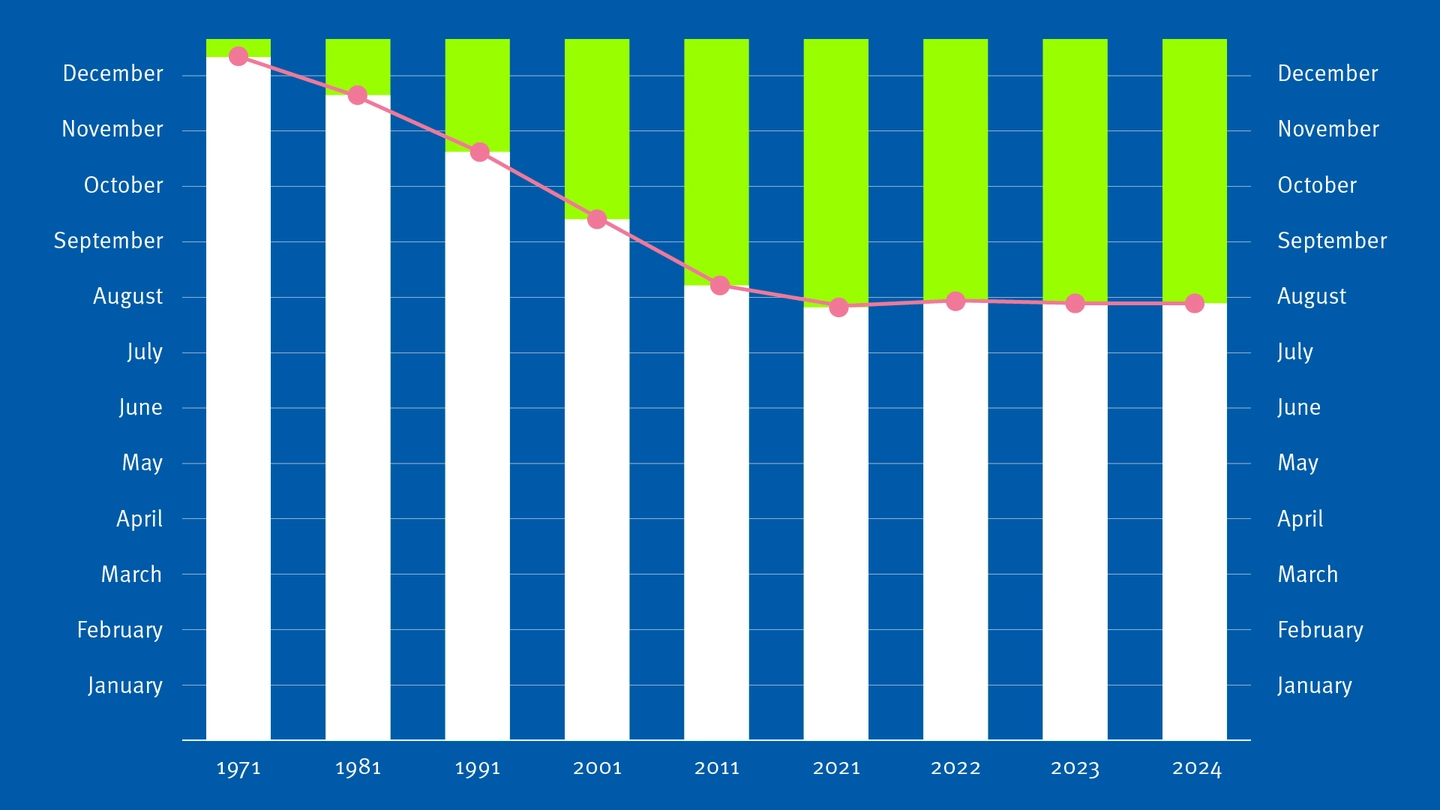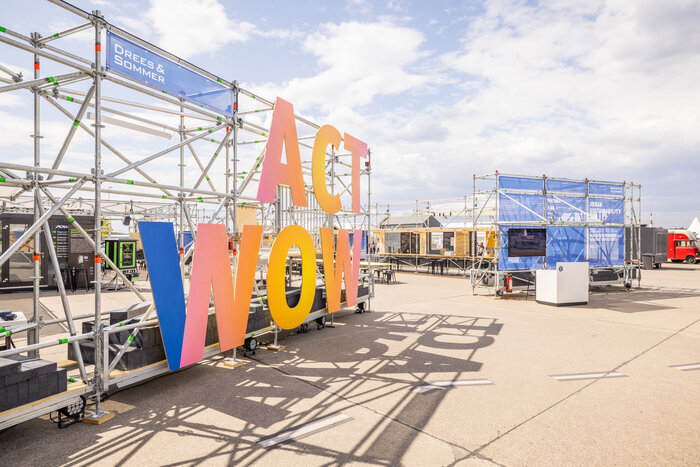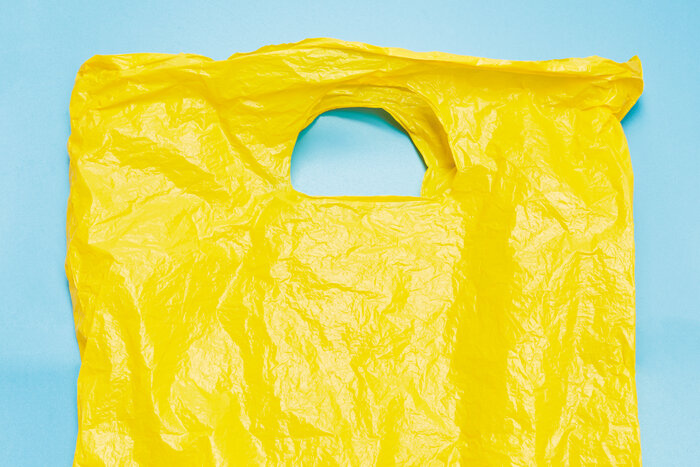Why is Earth Overshoot Day coming earlier and earlier?

May 2, 2024, was Germany’s Earth Overshoot Day, i.e. the calculated day on which people in Germany will have used up all the ecological resources that the Earth has provided us with for the entire year. This is an alarming sign that we are depleting our ecological resources faster than ever before. Our blog article explains why this day arrives earlier every year and what role the construction and real estate industry plays in this.

Global Earth Overshoot Day
In 2024, Global Earth Overshoot Day is August 1. Since 1971, apart from minor outliers, it has been moving further and further forward in the calendar year, despite all recent efforts to protect the environment.
The science and sustainability organization Global Footprint Network is behind Earth Overshoot Day. It calculates an Earth Overshoot Day for the world as a whole and for each individual country on the planet on the basis of data including biocapacity, per capita consumption, and emissions.
While many countries, mainly in Africa or India, do not have an Earth Overshoot Day because their population consumes less than the global biocapacity, Qatar already reached this limit on 10 February. Luxembourg followed four days later. Germany is also shamefully high in the ranking.
Once again, this shows that we are living beyond our means and therefore reducing living space and wiggle room for future generations and people in other parts of the world. The construction and real estate industry is one of the biggest producers of CO2 emissions worldwide. This also means that it has the power to help initiate a counter-movement.
Measures to move Earth Overshoot Day back
Under #MovetheDate, you can find initiatives and projects online that aim to significantly delay Earth Overshoot Day. One example is the town hall in Freiburg’s Stühlinger district, which was completed in 2017. It is the first public net-plus-energy building in the world, and Drees & Sommer created the holistic energy concept for it. We have been working on the topic of zero carbon for years and support organizations, companies, municipalities, and cities in their transformation. The European Green Deal and the EU Taxonomy both show that the European Union has also taken measures to ensure we do what we have failed to do in the recent past: live more resource-efficiently overall.
Unsurprisingly, one promising approach is to reduce CO2 emissions. According to Mathis Wackernagel, President of the Global Footprint Network, reducing CO2 emissions from fossil fuels by 50 percent would delay the global Earth Overshoot Day by a whole 93 days. Read the interview with Mathis Wackernagel to find out how Earth Overshoot Day differs in different countries and what solutions we can use to delay Earth Overshoot Day.
Solutions for the construction and building sector
According to the United Nations (UN) Environment Program’s Global Status Report for Buildings and Constructions, the construction and building sector is responsible for around 40 percent of all energy and process-related CO2 emissions worldwide.
Building more resource-efficiently and operating buildings more sustainably is not just a question of responsibility and morality, but also a question of economic efficiency and competitive advantage. Steffen Szeidl, one of Drees & Sommer’s three board members, is convinced that “in the medium to long term, only companies that act sustainably will survive because there is no alternative and because it pays off—provided that all risks are honestly and fully accounted for.”
The President of the Global Footprint Network and developer of the ecological footprint concept, Mathis Wackernagel, also pointed out in his 2021 interview with us that we should not strive to consume as many resources as the earth can regenerate, but actually much less: “After all, there are other species on our planet besides us humans.”
And how can we succeed in making construction more resource-efficient and operating buildings more sustainably? With ideas for the circular economy such as Cradle to Cradle® and other solutions.



